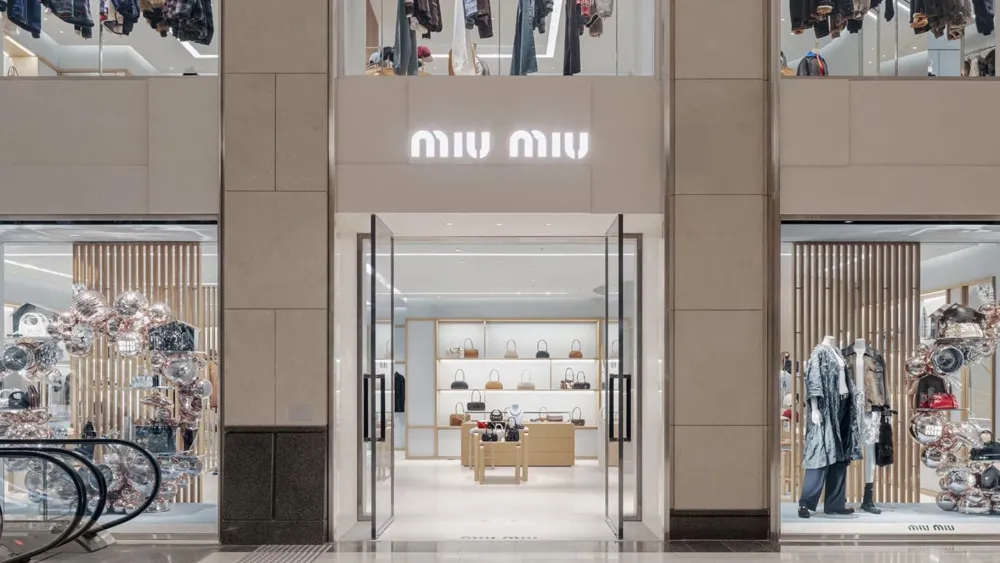
Weekly News Wrap: China’s tight regulations hit livestream commerce; Visuals draw in Chinese customers to bookstoresAnd Walmart faces pressure after removing Xinjiang-sourced products from stores. From Reuters: China's 'common prosperity' crackdown has
And Walmart faces pressure after removing Xinjiang-sourced products from stores.
From Reuters:
China's 'common prosperity' crackdown has turned a harsh spotlight on the country's massive livestream e-commerce business, underlining the fragility of a surging sales channel that some of the world's biggest brands have come to rely on.
More than 100 million followers of Viya, dubbed the country's 'queen of livestreaming' by the Chinese media and public, found her e-commerce and social media accounts shut down after news that she had been fined more than $200m for tax evasion.
The rise of celebrities partnering with brands from L'Oreal to Unilever and Adidas to sell consumer goods in live online streams has seen the sector billow. Consultancy McKinsey expects the trade in the world's second-biggest economy to be worth $423b next year - more than double estimates for 2020.
But it has also led to an awkward tango for global players, with little choice but to partner with internet stars with the clout - until now - to make or break product sales campaigns. Some, like Viya, have even challenged how sponsors like L'Oreal do business.
Read more here.
From CNBC:
Social media plays such an important role for Chinese consumer businesses that for a crop of new bookstores, visual appeal tends to be a priority.
Elaborate interior designs—sometimes amplified by mirrors—have not only caught the attention of “Architectural Digest” but also young Chinese searching for new experiences.
“The Chinese consumer, especially the post-90s [generation], they want convenience, they want novelty,” said Derek Deng, Shanghai-based partner at Bain & Co., who leads the firm’s consumer products practice in Greater China.
Shopping malls have noticed. Rather than signing deals with big department stores to have them as the main draw for customers, malls have turned to coffee and tea shops, finely designed bookstores, electric car showrooms and other trendy shops, said Jacky Zhu, head of research for west China at JLL.
Read more here.
From Bloomberg:
China's anti-graft agency on Friday accused U.S. retail giant Walmart and its Sam's Club chain of "stupidity and short-sightedness" after Chinese news outlets reported Sam's Club had removed Xinjiang-sourced products from stores.
Last week, Sam's Club came under fire in China after several news outlets shared videos and screenshots on Weibo platform that they said showed products from the far-western Chinese region of Xinjiang had been removed from the store's online app.
The social media row erupted after U.S. President Joe Biden signed into law on Dec. 23 legislation banning imports from Xinjiang over concern about forced labour there. read more
Walmart is the latest foreign firm to be tripped up by Western pressure over Beijing's treatment of Uyghurs and other minority Muslims in Xinjiang and China's importance as a market and supply base. China rejects accusations of forced labour or any other abuses in Xinjiang.
Read more here.



















 Advertise
Advertise







